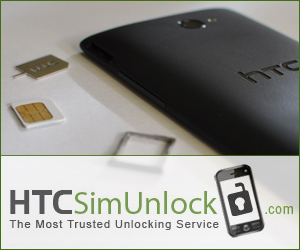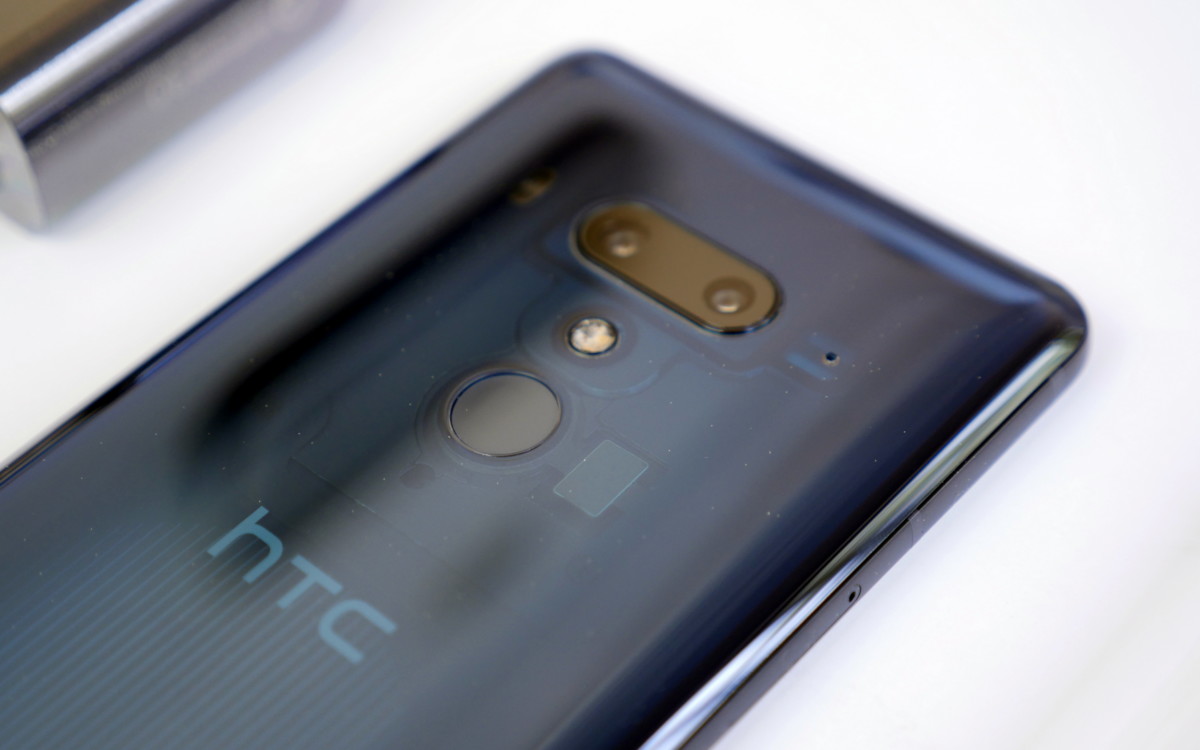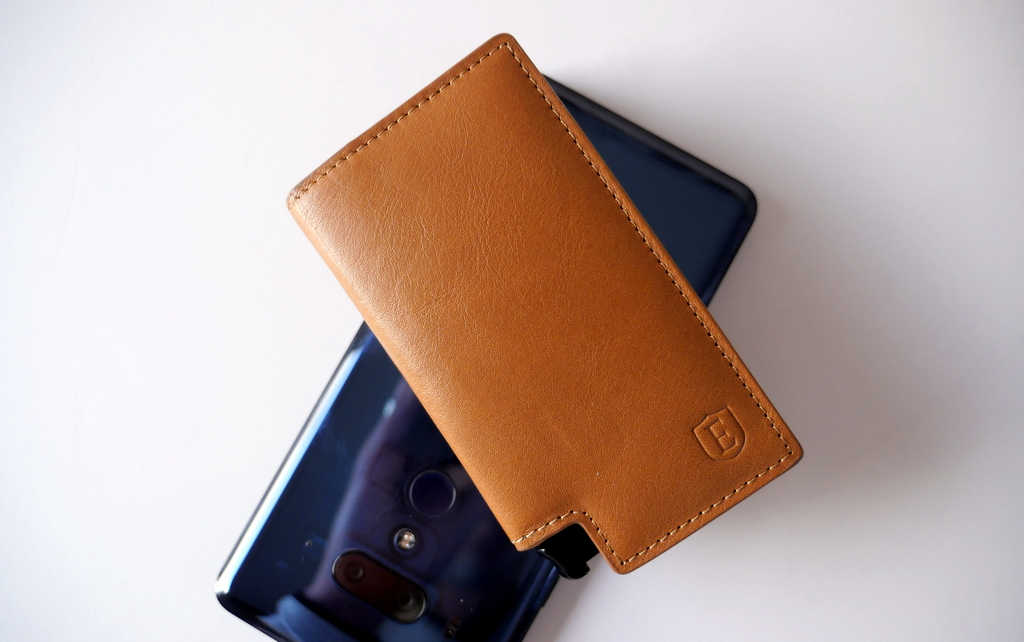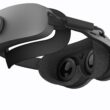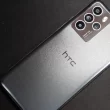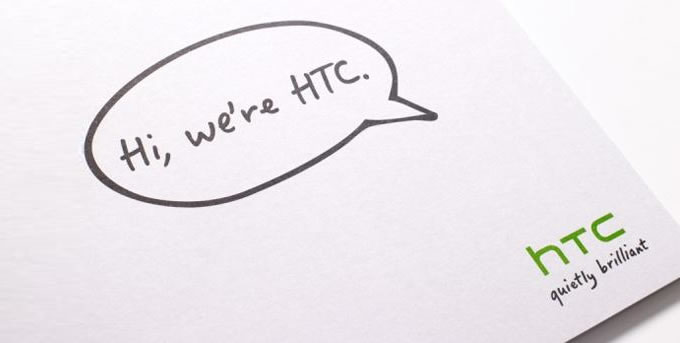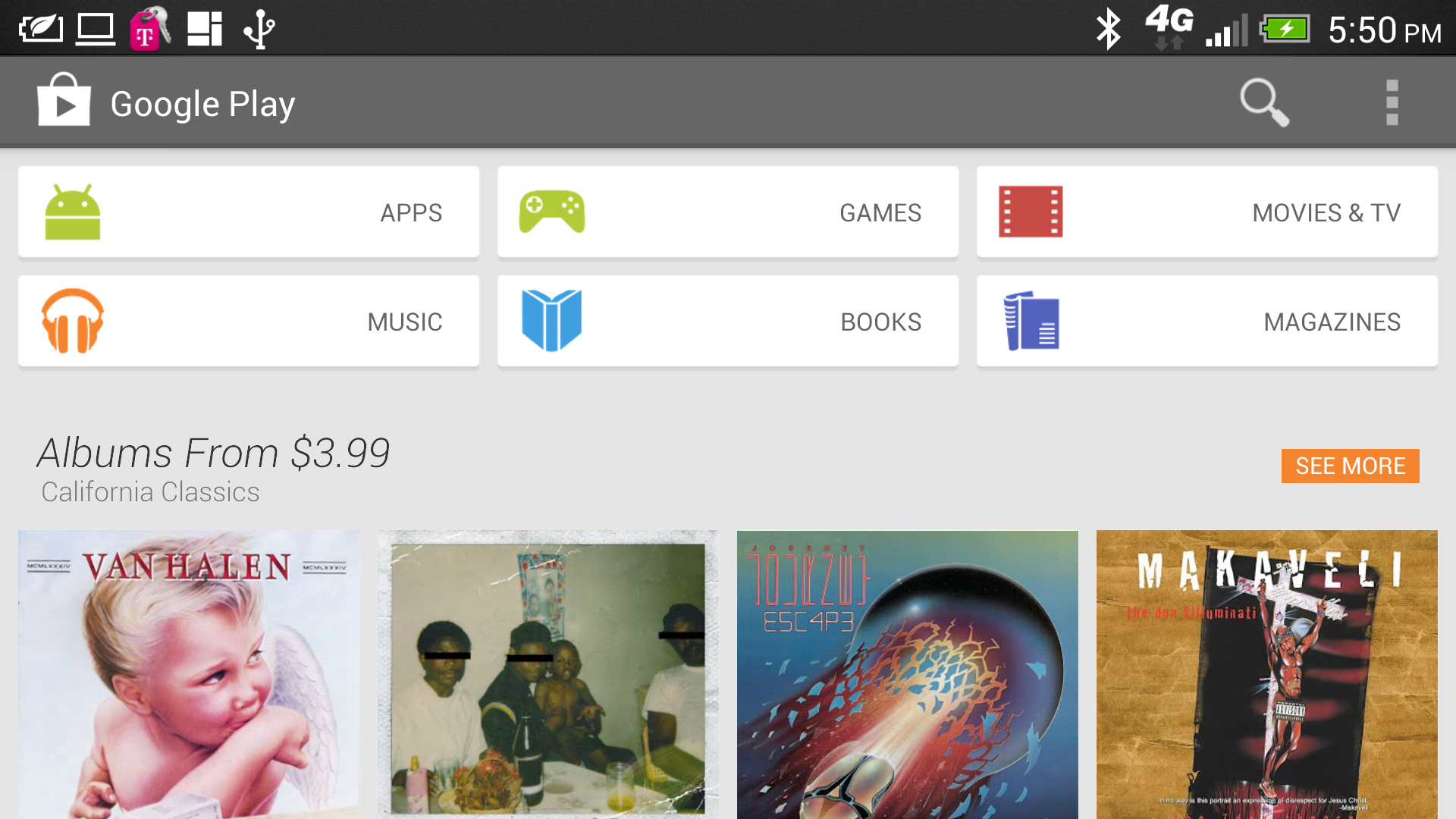With HTC’s first Windows Phone 7 devices expected to hit store shelves within the next few months, many have been wondering what HTC has planned. With the introduction of WP7, Microsoft will no longer be allowing companies like HTC to reskin the phone with custom UI’s as they have done in the past.
Drew Bamford, who leads HTC’s user experience design team, recently shared some thoughts on the evolution of HTC’s Sense UI and how HTC is planning on implementing Sense into Windows Phone 7. “Microsoft has taken firmer control of the core experience, but we can still innovate. We won’t be able to replace as much of the core Windows Phone experience, but we will augment it.” Drew didn’t go into detail on exactly how HTC Sense would be integrated into WP7, but we’re pretty confident that the final product will give the standard OS some great new features which should make HTC’s handsets stand out from the competition.
HTC is also looking to evolve Sense on the Android platform as well. New widgets and features which launched on the HTC wildfire, such as the application sharing widget will soon be making their way to other HTC handsets. They are also looking into collaborating with other partners in an effort to offer better synching services and the ability to have their customers store and stream their content/data from the cloud. When asked about Android 3.0 and Google apparent attempt to reign in manufacturer customizations of the OS, Bamford replied: “Google may focus more on improving the user interface on the stock Android, but I don’t think they’ll preclude manufacturer customization. ”
While there are a handful of Android and Windows Mobile fans who simply prefer the simplicity of stock builds, most will agree that HTC Sense adds a much needed touch of call and refinements to both operating systems. We will still have to wait a bit to see what HTC is working on for Windows Phone 7, but we’re pretty sure we will not be disappointed.
Source: Forbes
